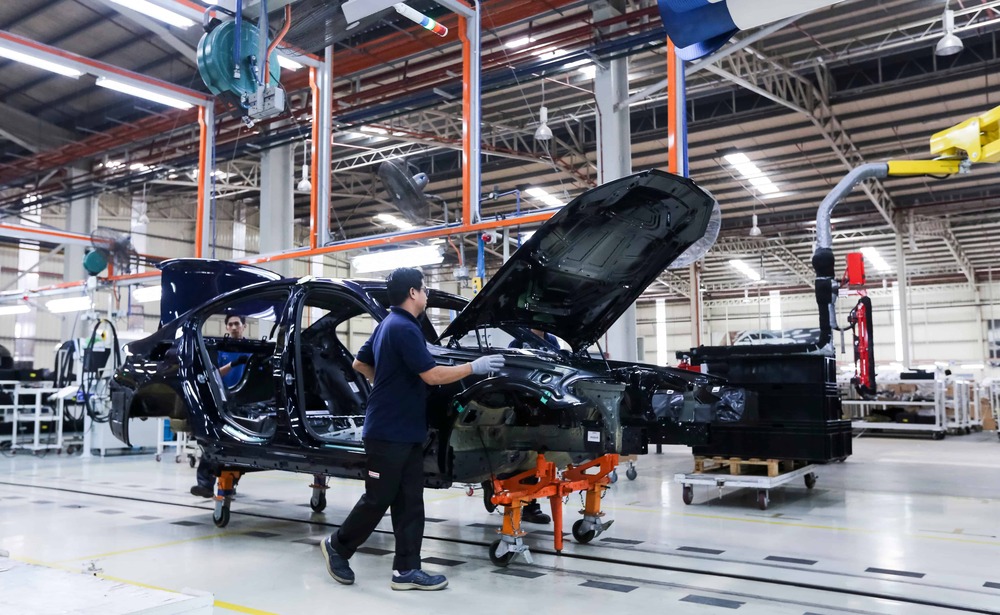Taiwan’s AM Auto Parts Said to Benefit From Tariff Turbulence
2025/04/23 | By Ken Liu
Whether the Trump Administration will eventually levy heavy duties on all imported cars or not, Taiwan’s auto-parts suppliers catering to after-market services are expected to benefit from the frustrating tariff issue considering that the tariff hikes, once implemented, would further boost prices for new cars and, therefore, prompt American consumers to choose used cars, which mostly go to after-market garages for maintenance and repairment.
Auto industry watchers point out that technical threshold for entering AM-parts market remains high, making the market a tough arena where Taiwanese manufacturers stay dominant with their unmatched techniques.
The watchers base their perspectives on two theories: the Trump administration still sticks to the policy of pushing carmakers and their supply chains to transplant to the United States in spite of a 90-day tariff reprieve. However, land, labor and infrastructure costs are generally higher in America than in other countries, likely pushing new car prices higher in the long run in America.
On the other hand, if the administration maintains the 25% levy on completed vehicles, new car prices will also surge considerably. At the tariff rate, a new car will still see cost rise 12.5% given the fact that the car is composed of components and parts 50% sourced from other countries. Even if car dealers are willing to absorb 15% of the duties, they will eventually pass part of the added cost on to consumers.
The industry watchers project new car prices to increase 8% under the tariff rate, much higher than the average annual pace of 3% in recent years to put a damper on American consumers’ pursuit of new cars.
Besides, original equipment service (OES) is also under the pressure of price hikes, which will further make the service costlier than after-market service’s to push American consumers to AM parts.
AM parts involve high technical threshold featured by their long product-certifying period, multiple mold-tooling amount, and considerable investment, keeping potential new entrants from entering to challenge the Taiwanese manufacturers.


